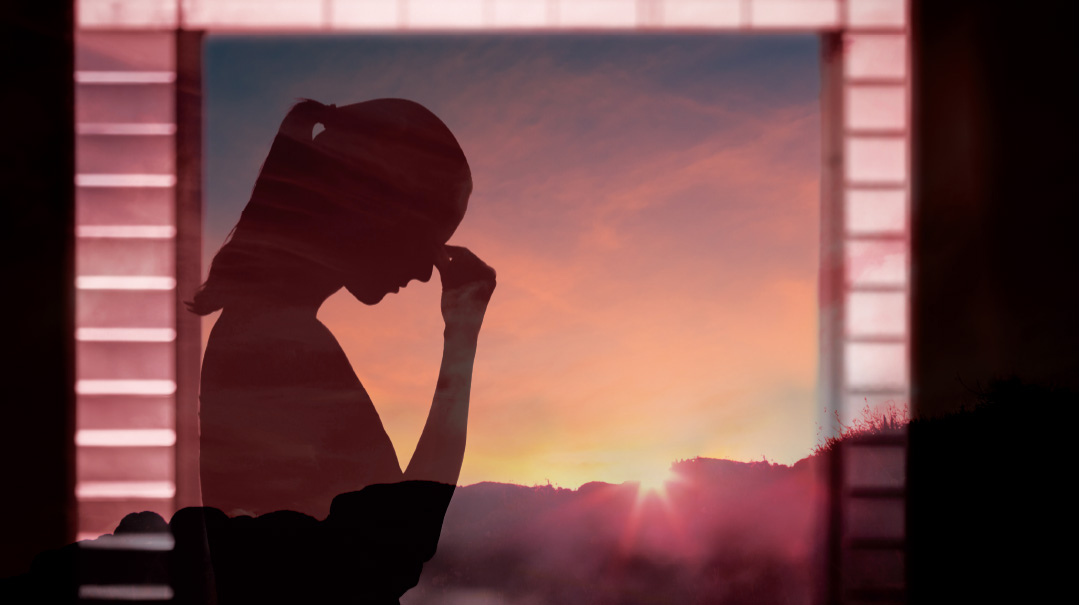Crack by Crack
| November 7, 2023Her friendship enchanted and then ensnared me. How I broke free

J
ust over two years ago, I made an innocent comment to a newcomer at my workplace. I was an established employee, Penina was wet behind the ears — just out of seminary — and with my minor comment, I reduced her to tears.
Confused by what had occurred, and feeling guilty, I tracked down Penina’s number that evening and called to apologize.
She graciously accepted, saying it wasn’t necessary, and apologized for overreacting. A kind gesture that resulted in a friendship.
From that day on, Penina and I conversed daily. Even though I was five years older, we were the only two single women in the office, so we naturally clicked. We were also from the same community and both still living at home.
Our personalities were dramatically different: I was energetic and lighthearted, sometimes funny, sometimes nuts, while Penina was intense and insecure. But I was welcoming, and she took to me. We quickly found ourselves discussing life’s meaning and happiness and truth and every topic that exists. We found joy in serious, passionate arguments, but also in friendly banter.
Until one day our friendship intensified.
We were walking home after work and, because of construction, were forced to take an alternate route. We were busy chatting when suddenly, mid-sentence, Penina froze. She was staring blankly into the distance with a solemn expression on her face. “We can’t pass here,” she started muttering strangely. “Please, I’m begging you, we need to turn back.”
I was bewildered. “Are you okay?” I asked softly. “What’s going on?”
Once again, she was reduced to tears.
I was unsure of what to do, since I am not the most outwardly compassionate, empathetic person by nature. But I do possess a heart, so I tried comforting her and being there for her as a loyal friend should.
She responded by hesitantly sharing personal and disturbing information about her childhood.
I returned home hours later shaken and inspired.
Inspired that “regular” young human beings walk around carrying so much. And shaken because I thought stories like hers only happened to other people, in other communities, during other eras. But her story happened in my lifetime, in my community, involving people I knew and admired.
My life philosophy, at the time, was that we all have struggles that we go through, but we can laugh our way through them if we choose to.
Now, I was proven wrong. Some struggles are so heavy that they can blot out both laughter and life.
Oops! We could not locate your form.







